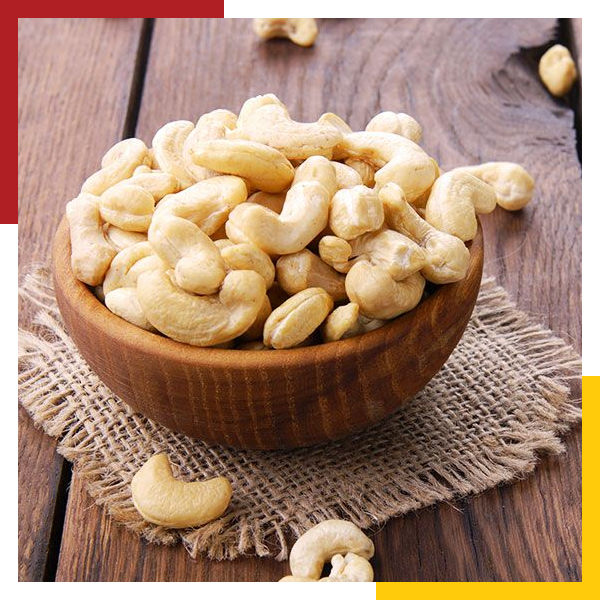Not all fats are bad for you, and some types of fat can actually help your heart health. Cashews contain heart-healthy monounsaturated fats, including oleic and palmitoleic acids (Nutrition and You, 2012). These are essential fatty acids that have been associated with lower levels of unhealthy LDL cholesterol and higher levels of healthy HDL cholesterol. As a result, consumption of the monounsaturated fats in cashews is associated with decreased risk of cardiovascular disease (Kris-Etherton, 1999).
Cashews Provide Nearly 100 Percent of Your Recommended Daily Copper Intake Copper is a trace mineral that we get in very small amounts, mostly from animal sources such as crab, mussels, liver and oysters.
The presence of copper is required for a variety of physiological reactions in the body (Prohaska, 2014), including reactions needed for energy production, the metabolism of iron, and neurotransmission. Failure to get enough copper has been associated with poor immune system functioning; higher risk of cardiovascular disease; increased risk of neurodegenerative diseases, such as Alzheimer’s or Parkinson’s; and impaired bone health.
Cashews are an excellent vegetarian source of copper, providing more of the mineral than most other non-meat sources. In fact, eating a quarter-cup of cashews every day gives you 98 percent of your recommended daily intake of copper, which may decrease your risk of chronic disease (WH Foods, 2014).

